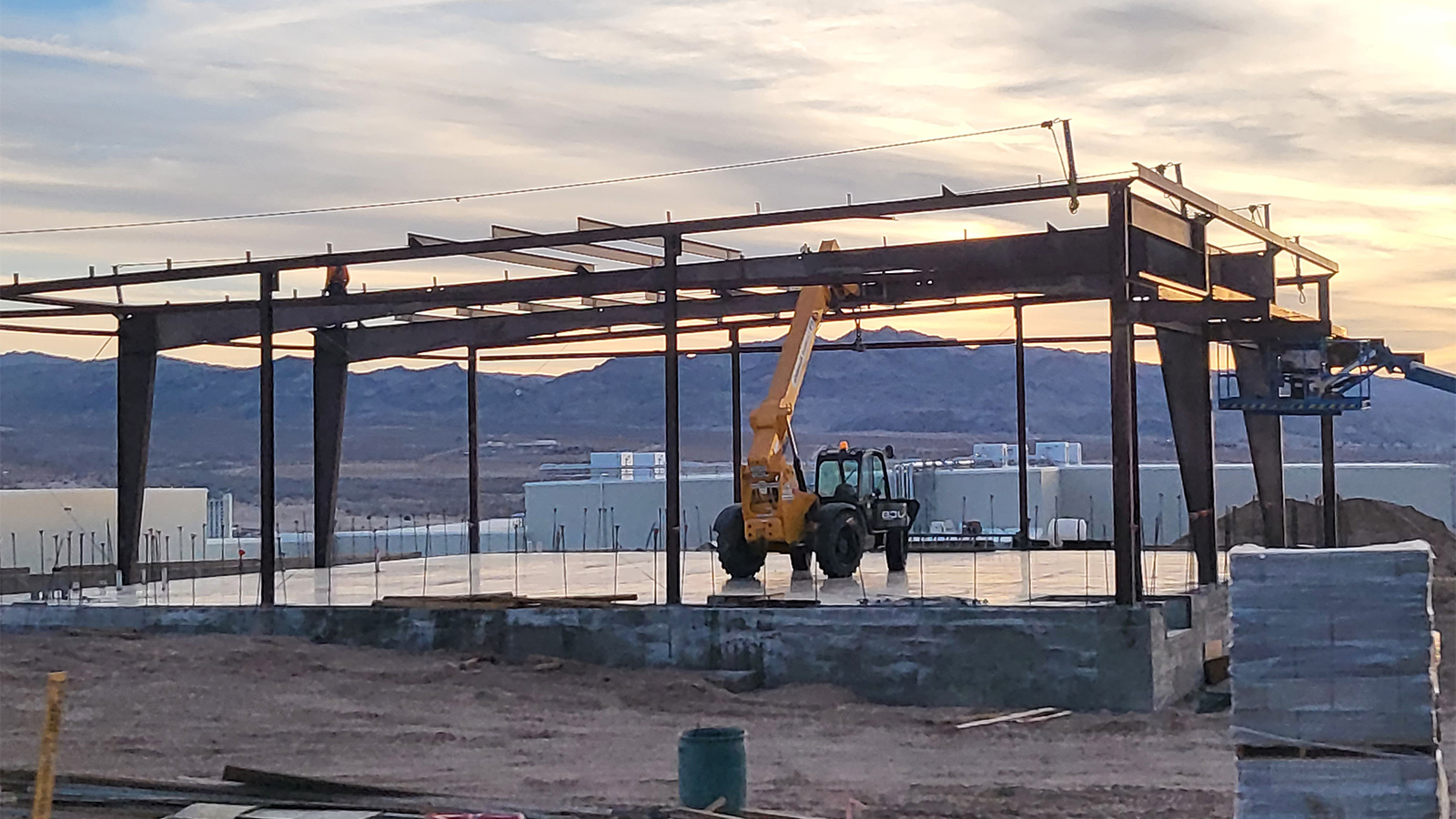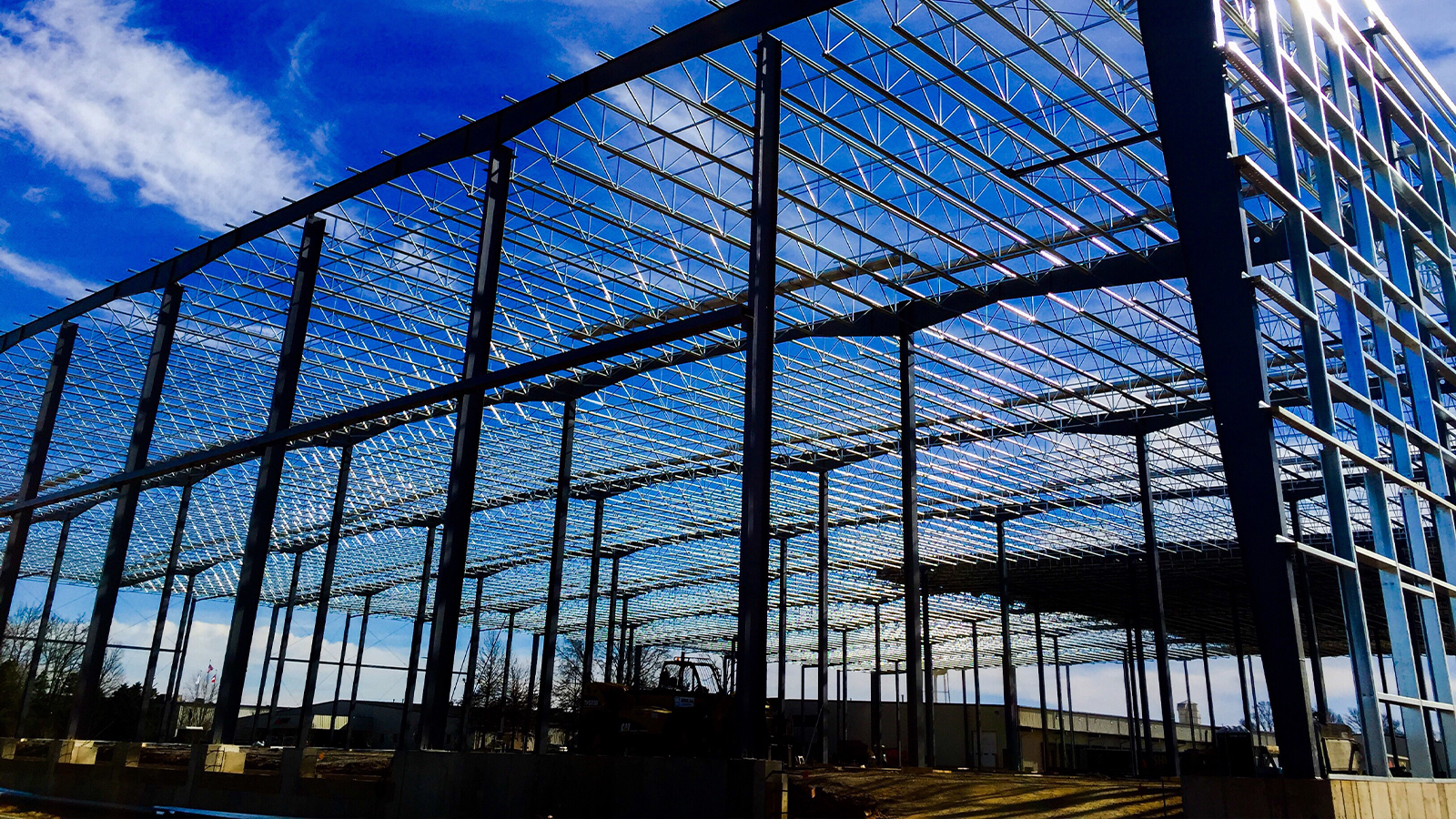Introduction
Commercial buildings are a profitable real estate investment for many entrepreneurs and companies. These structures not only serve as operational hubs but also as long-term assets that can appreciate over time, providing financial stability and growth potential.
Building a commercial property involves several critical steps, each requiring careful attention and expertise. This process includes:
- Planning and Development: Defining project details and setting a budget.
- Designing Process: Developing construction plans that adhere to local codes.
- Pre-Construction Phase: Obtaining necessary permits and preparing the site.
- Procurement Stage: Sourcing materials and equipment.
- Construction Stage: Actual building of the structure.
- Post-Construction Phase: Ensuring quality standards are met.
Each phase will be dissected to provide a comprehensive understanding of the construction process. MBC Management is committed to guiding you through these stages, ensuring that your commercial building project is both successful and efficient. Our expertise spans across various aspects of construction, including earthwork services such as site preparation for detention ponds, interior buildout with professional drywall systems, and we have a proven track record evidenced by our portfolio like the Baylor Lumber Store project.
Step 1: Planning and Development
The journey of constructing a commercial building begins with careful planning and development. This important phase sets the stage for a successful project by addressing several key elements:
1. Project Details
Defining the scope and purpose of the project is crucial. Considerations include the type of commercial property, such as retail space, office building, or industrial facility, which influences design decisions and operational needs. For instance, key performance petroleum facilities require specific design and operational considerations.
2. Ideal Location
Selecting a strategic location enhances the investment’s potential profitability. Factors like accessibility, local market demand, zoning regulations, and environmental conditions must be evaluated to ensure the chosen site aligns with business goals.
3. Setting a Realistic Budget
Financial planning is essential to avoid project delays or compromises in quality. A detailed budget should encompass all aspects from land acquisition to construction costs and contingency funds for unforeseen expenses. Engaging experts like MBC Management can provide invaluable insights into cost estimation and financial planning.
Incorporating these elements into the planning phase ensures a well-defined blueprint that guides subsequent stages of construction. MBC Management’s seasoned expertise in managing complex projects makes it an ideal partner for navigating this foundational step efficiently and effectively. Their experience spans various sectors including public works department warehouses and structural engineering, making them a versatile choice for any commercial construction project.
Step 2: Designing Process
The designing process is a critical step in building a commercial property. During this phase, the creation of a comprehensive construction package comes to the forefront. This package should include all essential details, such as:
- Materials: Selection of quality materials that align with both project vision and budget constraints.
- Room Sizes and Functions: Detailed plans outlining room dimensions and their intended purposes, ensuring they meet the operational needs of the business.
It is extremely important to follow local codes and regulations during the design phase. These guidelines ensure that your building not only complies with legal standards but also promotes safety and efficiency. Local building codes can vary significantly; thus, consulting with experienced professionals who understand these nuances is crucial.
MBC Management excels at navigating these complexities, offering expert insights into both design intricacies and regulatory compliance. For instance, their expertise in bridge design showcases their ability to handle specialized structural engineering tasks while ensuring compliance with local regulations. Similarly, their knowledge in crane system design illustrates how they optimize facilities for functionality and efficiency.
By leveraging MBC Management’s extensive experience, you can ensure your project adheres to necessary standards while delivering optimal functionality and aesthetic appeal.
This careful approach during the designing process lays a strong foundation for the next stages, making sure there is a smooth transition from conceptual plans to actual structures.
Step 3: Pre-Construction Phase
The pre-construction phase is crucial in the process of building a commercial structure. It establishes the foundation for a seamless and effective construction by tackling important preparatory tasks. During this stage, obtaining building permits and securing insurance are vital steps. These aspects not only guarantee adherence to local laws but also provide protection against possible liabilities.
1. Building Permits
Acquiring the necessary permits is a legal requirement that authorizes your project to proceed. It ensures that the construction adheres to zoning laws, safety codes, and environmental regulations. MBC Management can guide you through this process, ensuring all paperwork is meticulously handled.
2. Insurance
Securing comprehensive insurance coverage for your project mitigates risks associated with accidents or unforeseen events during construction. This step safeguards both financial investment and workforce.
Another important part of this phase is soil testing. Conducting detailed soil analysis provides valuable insights into the site’s condition, influencing foundational decisions. Soil tests determine soil composition, bearing capacity, and moisture content, which are crucial for designing a stable foundation. By conducting these tests early on, potential issues can be identified and addressed proactively.
MBC Management’s expertise in managing these pre-construction requirements ensures your project begins on solid ground, setting the stage for successful execution in subsequent phases.
Step 4: Procurement Stage
The procurement stage is a critical phase in building a commercial property, involving the sourcing of high-quality materials and renting appropriate equipment. This stage ensures that construction proceeds smoothly, adhering to both budgetary constraints and legal standards.
1. Sourcing High-Quality Materials
Selecting the right materials is crucial for the durability and safety of the structure. MBC Management emphasizes the importance of using materials that meet all legal and safety requirements. This involves comprehensive market research and supplier vetting to ensure compliance with industry regulations and quality standards.
2. Renting Suitable Equipment
The choice of equipment significantly impacts project efficiency. MBC Management provides expert guidance on renting equipment tailored to your project’s specific needs. From cranes to concrete mixers, ensuring that each piece of equipment is suitable for the tasks at hand is essential for maintaining timelines and minimizing costs.
The emphasis during this stage is on strategic planning and execution to prevent unnecessary delays or cost overruns. By engaging with experienced professionals like MBC Management, you can ensure that every aspect of procurement aligns with the overarching goals of your commercial building project.
Step 5: Construction Stage
The construction stage is where the vision transforms into reality. At this point, it’s crucial to hold initial site access meetings. These meetings ensure that all safety protocols are followed and that everyone involved knows their roles and responsibilities. This step is essential for a smooth operation and reducing risks on-site.
Several core processes happen during the construction stage:
- Excavation: The first physical step, involving clearing the site and digging to prepare for foundations.
- Concrete Pouring: Essential for creating strong foundations, this process requires precision and adherence to engineering specifications to ensure structural integrity. MBC Management offers expert concrete placement services, ensuring high-quality results in this critical phase.
- Framing: The skeleton of the building comes to life during this phase. It involves constructing the framework that will support walls, floors, and roofs.
Inspection processes run parallel to these activities, ensuring compliance with design specifications and safety regulations. These checks are critical for maintaining quality control throughout the construction phase.
MBC Management excels in navigating these complex processes, leveraging years of expertise to deliver projects efficiently and safely. With a focus on adhering to industry standards and regulations, MBC Management ensures that every construction project progresses seamlessly from one stage to the next.
Step 6: Post-Construction Phase
The post-construction phase is crucial in ensuring the longevity and functionality of your commercial building. At this stage, thorough testing is conducted to verify that all systems and components are operating as intended. This includes inspecting electrical, plumbing, HVAC systems, and fire safety measures to confirm compliance with established standards. By addressing any issues before occupancy, you safeguard against potential operational disruptions.
Upon successful completion of these evaluations, the next milestone is obtaining the Certificate of Substantial Completion. This certification signifies that the project has met contractual obligations and complies with regulatory requirements. It also marks the official transfer of responsibility from the construction team to the owner. Having this certificate not only provides legal protection but also boosts confidence in your investment’s quality and readiness.
MBC Management excels in guiding clients through this meticulous phase by leveraging years of industry expertise to ensure every detail is accounted for. Committed to delivering impeccable results, their team ensures that your transition from construction to operation is as seamless as possible, providing a solid foundation for your commercial enterprise.
This comprehensive step-by-step approach positions you to maximize the value and performance of your newly built commercial property.
Tips for Successful Commercial Building Projects
Starting a commercial building project requires careful planning and evaluation to ensure success. Here are some tips for building commercial properties that can guide you through the process:
- Conduct Comprehensive Financial Projections: Before starting your project, it’s important to understand the financial implications. Create detailed financial projections that include all potential costs and revenue sources. This will help you determine if the project is viable and secure funding.
- Evaluate All Options Thoroughly: Take the time to carefully assess different aspects of your project such as location, design, and materials. Consider working with experts like MBC Management to gain insights into industry best practices and innovative solutions.
- Secure Necessary Permits and Financing Early: Make sure to address regulatory requirements and obtain proper financing early on to avoid delays in your project.
- Assemble a Competent Team: The success of your project depends on the skills of experienced professionals. Work with knowledgeable architects, engineers, and contractors who understand your vision and can bring it to life.
By following these best practices, you’ll be laying a strong groundwork for a successful commercial building venture with MBC Management by your side.
Conclusion
Building a commercial property is a complex yet rewarding endeavor, and understanding the construction process is crucial for success. By following a step-by-step approach to building a commercial building, you can navigate through each phase—from planning and development to the post-construction phase—efficiently and effectively.
Engaging with experts is pivotal for overcoming challenges that may arise during the construction journey. MBC Management, with its extensive experience in design-build, engineering, construction management, and general contracting services, stands ready to assist in realizing your project vision. Our team excels in new constructions and renovations of industrial and institutional projects, ensuring seamless operations even during occupied facility upgrades.
One of the key aspects of our service offering includes mass grading, which ensures precise and efficient earthwork for your construction projects.
Reach out to professionals like MBC Management to ensure your commercial building project not only meets but exceeds expectations. Let our expertise guide you towards a successful investment in real estate development.
FAQs (Frequently Asked Questions)
What is the importance of commercial buildings as an investment?
Commercial buildings are considered a profitable real estate investment due to their potential for generating consistent rental income, appreciation in value over time, and the ability to leverage financing options.
What are the key elements to consider during the planning phase?
During the planning phase, it’s crucial to determine project details such as the ideal location and set a realistic budget to ensure the project’s feasibility and success.
Why is adherence to local codes and regulations important during the design process?
Adhering to local codes and regulations ensures that the construction meets safety standards and legal requirements, which helps avoid costly fines or project delays.
What are some necessary steps in the pre-construction phase?
In the pre-construction phase, obtaining building permits and insurance is essential. Additionally, conducting soil testing is significant for proper site preparation.
What should be considered during the procurement stage?
During the procurement stage, sourcing high-quality materials that meet legal requirements is vital. It’s also important to rent suitable equipment tailored to the specific needs of the project.
What happens during the post-construction phase?
In the post-construction phase, rigorous testing is conducted to ensure quality standards are met. Additionally, obtaining a certificate of substantial completion signifies that the project has been completed satisfactorily.





